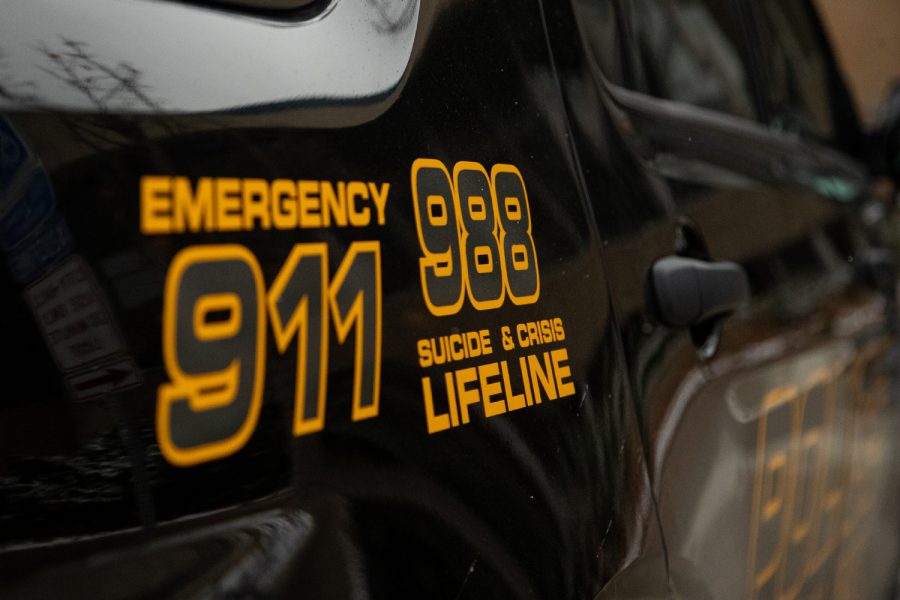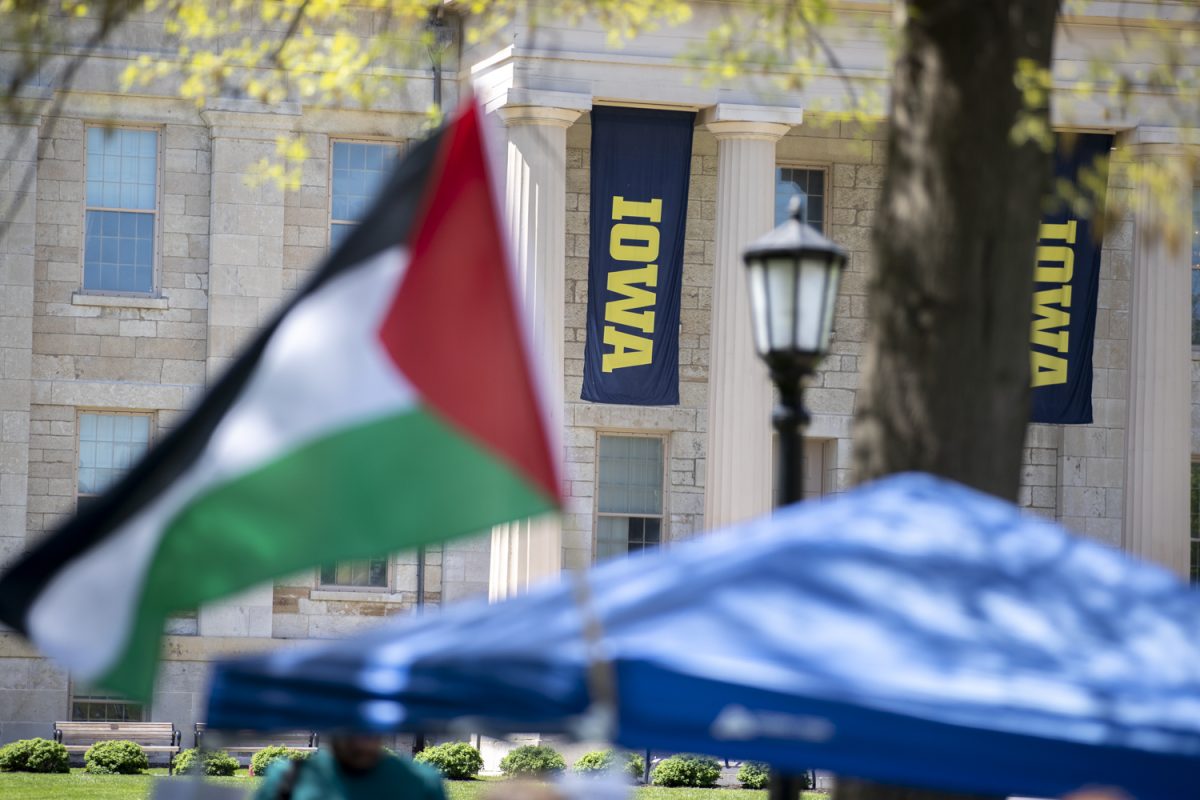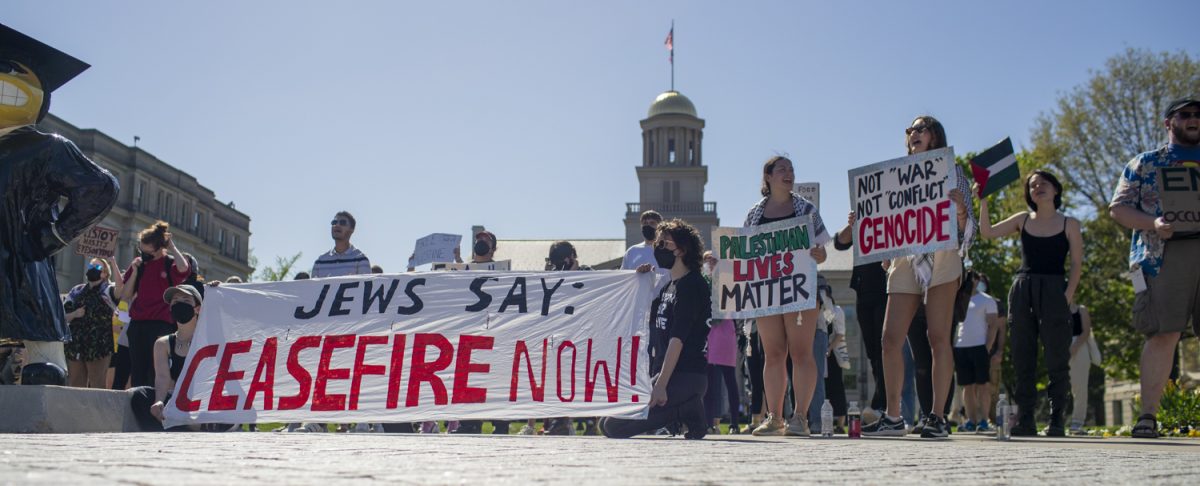In collaboration with CommUnity Crisis Services, the University of Iowa expanded its 24/7 support and crisis line from undergraduate students to faculty, staff, graduate students, and post-doctoral students this semester.
Joni Troester, UI senior assistant vice president and deputy chief human resources officer, said the service operates through the same existing line, but in addition to the support and crisis line, employees and their families are encouraged to use the UI’s Employment Assistance Program.
The program provides the support that employees and their families may need by offering short-term, confidential counseling services with licensed therapists.
The CommUnity Crisis Services manages this service and includes contacts from faculty and staff members at the UI. Faculty, staff, graduate students, post-doctoral students, and undergraduate students can call in and speak with a trained counselor, Troester said.
Ryan Dickson, director of crisis helplines at CommUnity Crisis Services, said the line is staffed by community members with diverse identities and backgrounds.
All members have completed training required by the state of Iowa, the International Council for Helplines, and the American Association of Suicidology accreditation standards, Dickson said.
“We provide 24/7 crisis counseling and consultation where needed and refer to university services such as student retention or University Counseling for follow-up,” Dickson said.
Additionally, Troester said, counselors receive a suicide intervention training a two-day training that teaches how to assist those at risk for suicide.
“The 24/7 support and crisis line allows the university community to get the care and support they need without waiting for an office to open or an appointment to become available,” Troester said.
Dickson said the center expects most calls from faculty and staff would be “third-party” in nature, meaning they would focus on concerns for others as well as for their well-being.
“We will meet the individual needs of any caller as best we can. No one will be turned away,” Dickson said. “Imagining myself as a student, I would love to know that I could go to the people nearest me anytime I needed and trust that they care in this way.”
Troester said the normalization of seeking help in this way helps reduce stigma.
RELATED: 988 line increases helpline usage for local mental health crisis services
“Individuals are now empowered to address challenges early,” Troester said. “Accessible resources such as this crisis line foster a healthier campus community, prioritizing well-being for all.”
Dickson said the stigma surrounding mental health is only perpetuated by remaining silent about it.
“Students and people from all walks of life may not know where to turn,” Dickson said. “Mental health must be acknowledged publicly if this is to change.”
Dickson said professors, coaches, and other university staff often find themselves in the role of supporting students with their mental and emotional health.
“This is our way of saying we are here for you, we see you, and we want to help,” Dickson said.















